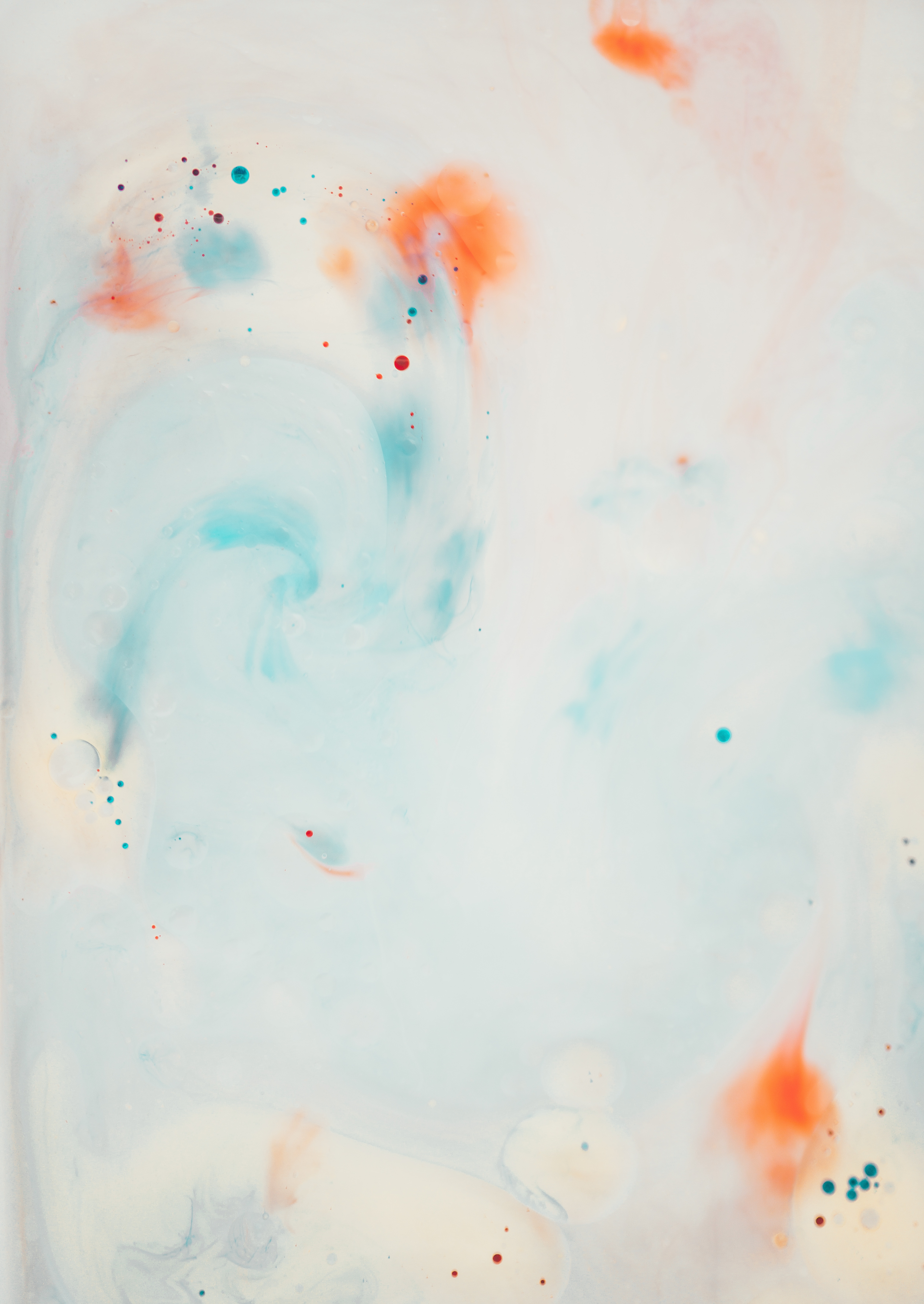
The value of Arts Award from the perspective of a neurodivergent adviser
BY: Guest Writer
24 Apr 2023
In this blog post we hear from Alex McEwan, founder of Albatross Arts, a Community Interest Company dedicated to breaking down barriers to accessing the arts. Alex, who is dyslexic, shares with us the value of delivering Arts Award as a neurodivergent adviser, whilst offering top tips on leveraging a learner’s strengths throughout their Arts Award journey.
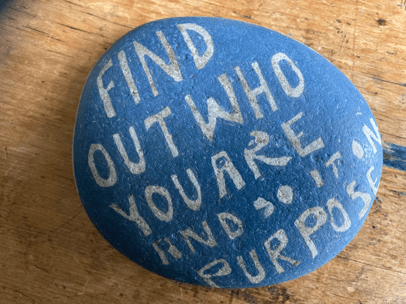
Starting Albatross Arts felt like a very natural progression from spending 20 (something) years working across the creative industries. We support individuals, groups and businesses to address their ‘albatross’, or the perceived thing that is holding them back from being their best self. We work with young people who are intermittent school attenders, young carers, young people who have not been able to attend regular school due to challenges in their lives, whether that be due to mental health issues or difficult family circumstances. We work with youth workers, local police, cultural settings, charities and additional support teachers to create safe spaces for young people to explore their creativity and possible pathways into careers in the arts.
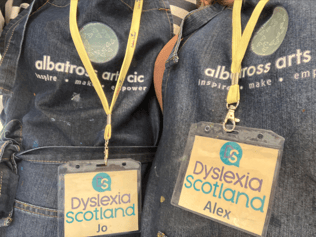
I have been diagnosed with dyslexia and when I was born in the late 1970’s ‘neurodiversity’ was not a word that I grew up with, and I doubt many people would have used. Obviously, many members of the population would now consider to be neurodivergent but this was not spoken about openly and as a result of this lack of awareness, most teachers were not supported to recognise neurodiversity or given help to make their classrooms more inclusive. I was not diagnosed as dyslexic until the end of my second undergraduate degree when my dissertation tutor suggested that I may be dyslexic and I got an educational psychiatrist assessment. As I reflected on my academic journey through primary school to university, my diagnosis started to make a lot of sense. There was a trend, I had always been a visual learner and I had always needed to take information and make it visual in order to process it.
So why am I telling you all this? Leadership (whether it is prefixed with ‘social’, ‘self’, ‘creative’ or anything else!) is about bringing people along with you. It's about knowing who you are, being authentic and these are all attributes you build upon during the Arts Award levels. The self-reflection aspect of Arts Award can help young people to identify their strengths and weaknesses, which in turn makes them more aware of others, improving empathy, self-confidence and communication skills.
When I came across the Arts Award framework through a friend who was already delivering it in Scotland, it instantly struck me as a very inclusive framework. Access to a framework like Arts Award creates environments where people are supported to talk about how they learn and how they see the world. Arts Award is an opportunity to take something you are interested in and explore it outside the confines and restrictions of a formal education setting. It encourages you to research possibilities and most importantly, it affords you a space to better understand how you learn. Arts Award is personal and reflective and therefore is a valuable experience to learn more about yourself in the wider context of whatever field of the arts you are interested in. The emphasis on developing and reflecting on leadership skills is particularly valuable and a skill that can be taken into future study and the workplace.
Top tips to working to a learner’s strengths when delivering Arts Award: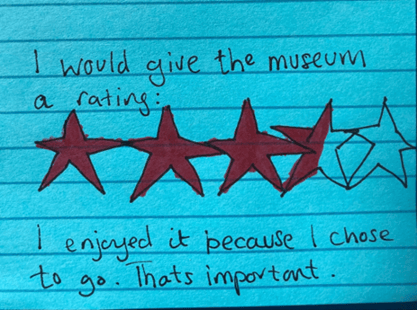
Planning and pre-planning
- Educate yourself about different aspects of neurodivergent learning and traits.
- Give clear instructions, examples and demonstrations. Scribing some examples of good reflection can be a helpful tool for someone new to reflective practice.
- Emphasise the importance of idea gathering and expression not hard outcomes.
- Ask (and listen closely for clues) as to what works well for that person.
- Identify and nurture identified strengths to promote positive vocabulary
Reflection and evidencing
- Talk openly with the learner to increase awareness of strengths and increase creative confidence.
- Let the young person take the lead in a group situation and leave space for silence.
- Allow for a wide range of collecting evidence or information such as: audio clips, film clips, peer interviews, post-it note-style short written feedback, progression of made work, annotated photos, writing (drawn image is a form of writing), collage, mind maps, graphic scribing, just ‘normal’ scribing, performance - such as dance / spoken word / poetry or song the possibilities are endless with such an open assessment framework so throw the floor open for a creative response.
- Self-directed learning is the most powerful form of learning and allows for increased self-awareness
We hope Alex’s experience and these tips will assist you in delivering Arts Award as a neurodivergent adviser. For more ways to prepare for delivering Arts Award, check out our Arts Award blog where we’ll be sharing tips this month on getting ready for moderation!
Related posts
BY: Katherine Stapley-Smith

.jpg)

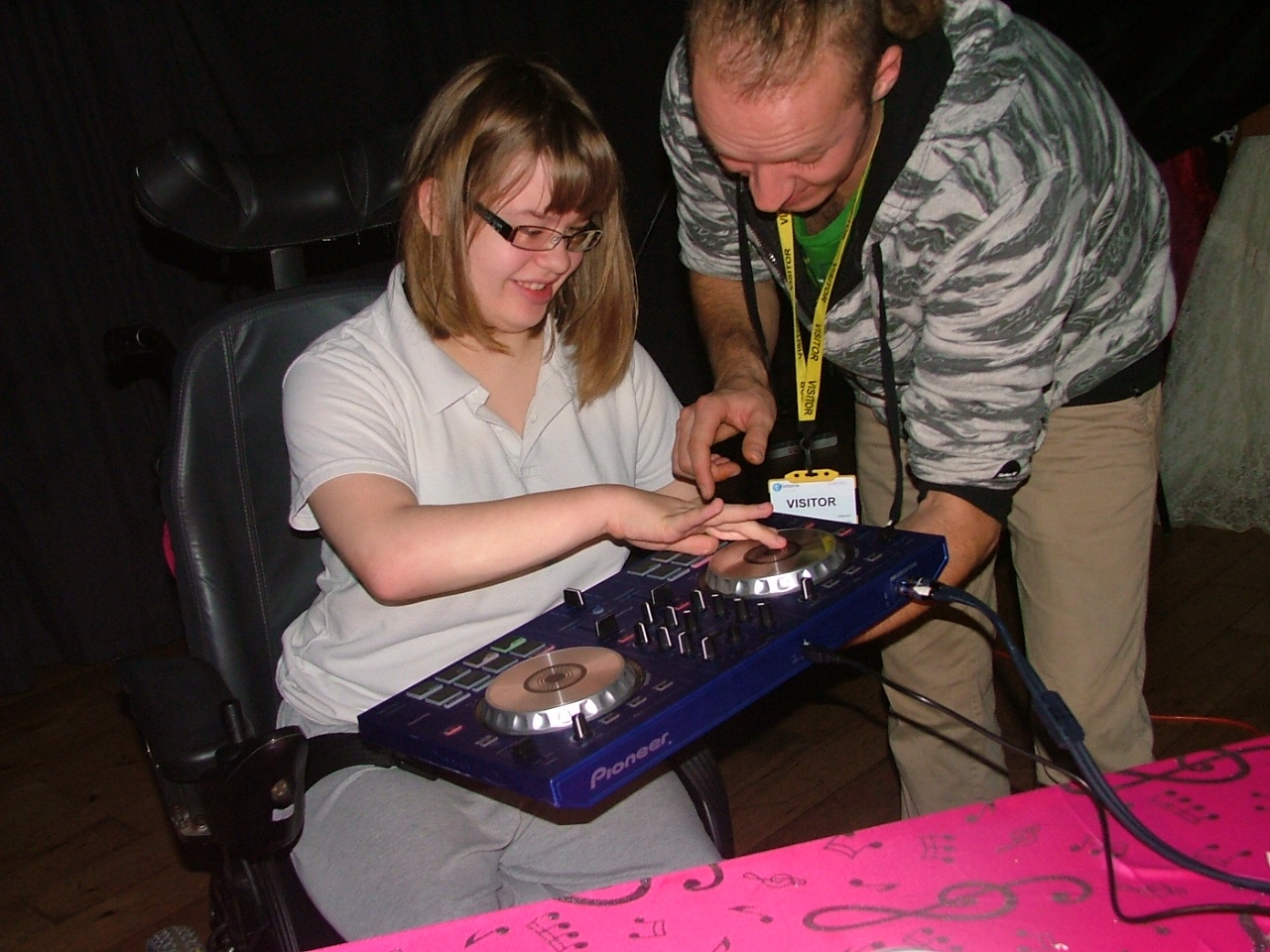
Comments & Replies